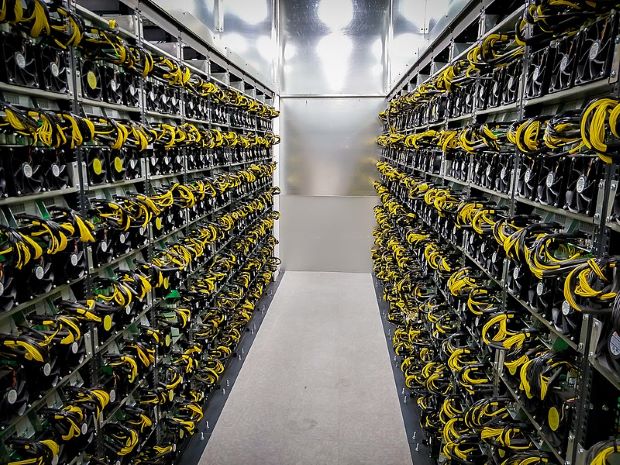January 4 in History
2009 – The first block of the blockchain of the decentralized payment system Bitcoin, called the Genesis block, is established by the creator of the system, Satoshi Nakamoto
Bitcoin, the first decentralized cryptocurrency, was invented in 2008 by Satoshi Nakamoto, an unknown person at that time, based on a free market ideology. The first block of its blockchain called the Genesis block was established on this day in 2009, shortly after which the use of Bitcoin as a currency began with the release of its open-source implementation.
Before Bitcoin, several digital cash technologies were released, starting with David Chaum’s e-cash in the 1980s. The idea that solutions to computational puzzles could have some value was first proposed by cryptographers Cynthia Dwork and Moni Naor in 1992. The concept was independently rediscovered by Adam Back who developed Hashcash, a proof-of-work scheme for spam control in 1997. The first proposals for distributed digital scarcity-based cryptocurrencies came from cypherpunks Wei Dai (b-money) and Nick Szabo (bit gold) in 1998. In 2004, Hal Finney developed the first currency based on reusable proof-of-work. These various attempts were not successful:[ Chaum’s concept required centralized control and no banks wanted to sign on, Hashcash had no protection against double-spending, while b-money and bit gold were not resistant to Sybil attacks.
Nodes in the peer-to-peer Bitcoin network verify transactions through cryptography and record them in a public distributed ledger, called a blockchain, without central oversight.
Consensus between nodes is achieved using a computationally intensive system based on proof-of-work called mining. Bitcoin mining requires increasing quantities of electricity and was responsible for 0.2% of world greenhouse gas emissions as of 2022.
Bitcoin is currently used more as a store of value and less as a medium of exchange or unit of account. It is mostly seen as an investment and has been described by many scholars as an economic bubble. As Bitcoin is pseudonymous, its use by criminals has attracted the attention of regulators, leading to its ban by several countries as of 2021. However, El Salvador adopted it as legal tender in 2021.
-Wikipedia
Photo Caption – Bitcoin mining facility with large amounts of mining hardware – Wikipedia



Comments are closed, but trackbacks and pingbacks are open.